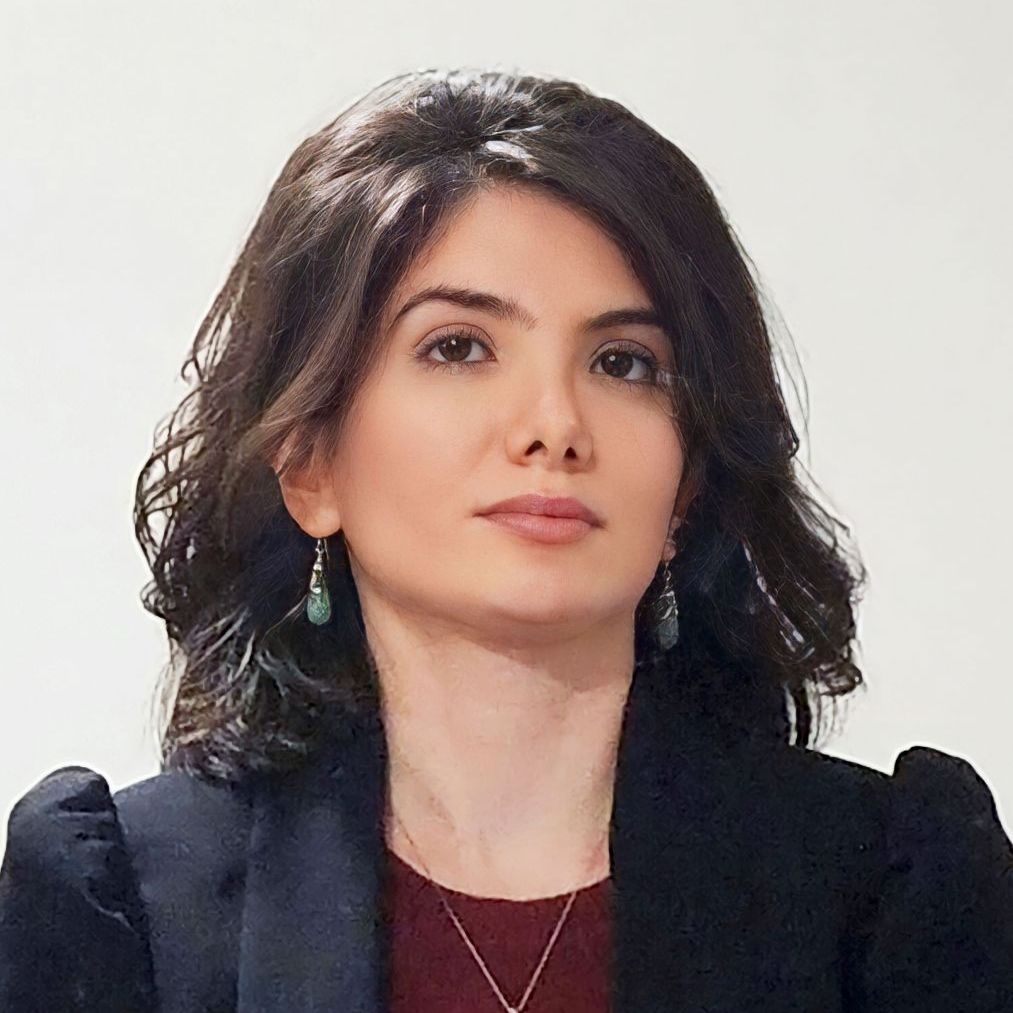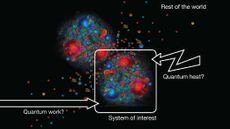Zohreh Davoudi
Associate Director for Education
University of Maryland
RQS Executive CouncilRQS Senior Investigator

Contact Information
Additional Information
- Websitee
- View Profile
- Google Scholar
- View Profile
Bio
Zohreh Davoudi is an associate professor in the Department of Physics and a Fellow of the Joint Center for Quantum Information and Computer Science (QuICS) at the University of Maryland. She studies strongly interacting systems, such as hadrons and nuclei, using analytical and computational methods including effective field theories, lattice quantum chromodynamics, quantum simulation and quantum computing. Davoudi received her doctorate in physics from the University of Washington in 2014.
Recent Publications
A Euclidean Monte-Carlo-informed route to ground-state preparation for quantum simulation of scalar field theory
, , https, (2025)Euclidean-Monte-Carlo-informed ground-state preparation for quantum simulation of scalar field theory
, , arXiv, (2025)Observation of quantum-field-theory dynamics on a spin-phonon quantum computer
, , https, (2025)
Research Group
Davoudi Research Group
Affiliated Research Centers
QuICS
Recent News
![A young man speaks to another man seated at a desk at an event.]()
Quantum Leap Career Nexus Aims to Boost Quantum Workforce
December 10, 2025![Visual of the Quantum research described in the article]()
![A photo of Zohreh Davoudi.]()
Davoudi Receives Prestigious PECASE Award
January 21, 2025



.jpg)